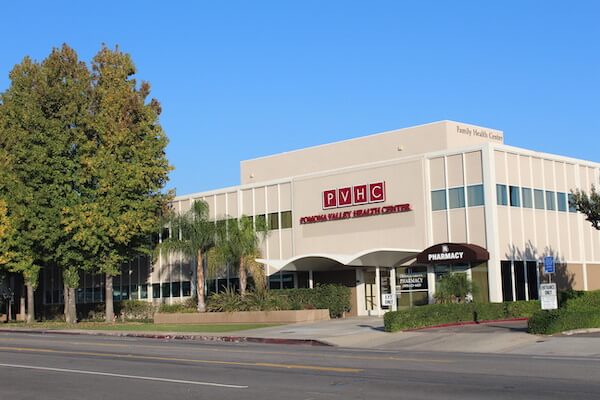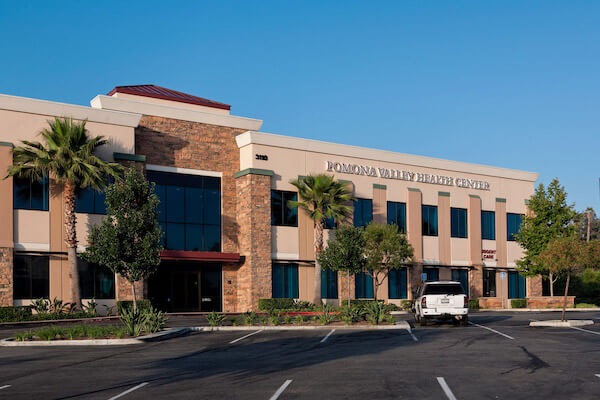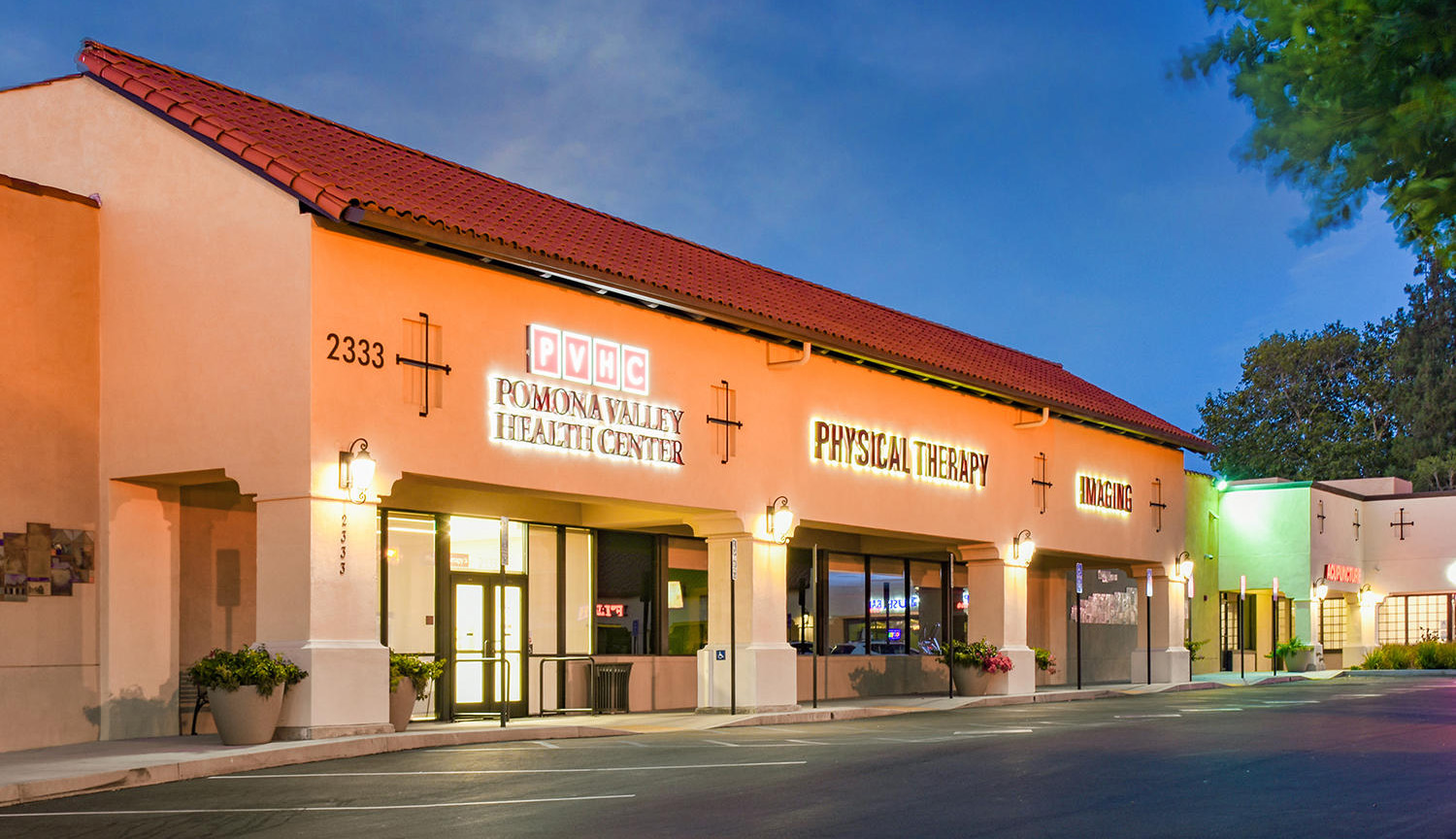August is National Immunization Awareness Month, an annual observance that highlights the importance of immunizations for people of all ages.
Keeping your family up to date with recommended immunizations protects not only your loved ones but also your entire community, including older adults, children, infants, and those with weakened immune systems.
Pomona Valley Health Centers offers comprehensive immunization services for people of all ages.
National Immunization Awareness Month was established in 2004 to raise awareness about the critical role immunizations play in protecting overall public health.
Coordinated by the Centers for Disease Control and Prevention (CDC) and other public health organizations, this observance emphasizes the importance of reducing the occurrence of vaccine-preventable diseases and promoting community health. Vaccines help prevent the spread of contagious diseases, protect vulnerable populations, and reduce healthcare costs.
The goal of this national awareness month is to educate communities about the benefits of immunization and increase immunization rates across the country to support public health efforts.
The Healthy People 2030 initiative aims for 95% vaccination coverage for key childhood vaccines.
Vaccines offer more than individual protection. They safeguard entire communities.
Immunization awareness is essential because high vaccination rates promote herd immunity. When enough people are vaccinated, it prevents the spread of contagious diseases. In turn, this helps protect those who cannot be vaccinated due to age or medical conditions.
Vaccination programs have significantly reduced or eliminated many dangerous diseases, including:
According to the CDC, childhood immunizations in the U.S. prevent an estimated 42,000 deaths and 20 million cases of disease each year.
High community vaccination rates create a protective shield around vulnerable populations, reducing the risk of outbreaks.
For example:
Immunizations are critical for populations at higher risk for severe illness:
For example, measles is a very contagious viral infection that can lead to serious complications in infants, older adults, and those with weakened immune systems. In communities with lower vaccination rates, these vulnerable populations face increased risks for severe outcomes, including pneumonia, encephalitis (brain swelling), and even death.
Vaccination is important at every stage of life. National Immunization Awareness Month, also known as immunization month or vaccination awareness month, highlights the need for age-appropriate vaccines.
| Age Group | Recommended Vaccines |
| Infants/Children | DTaP, Polio, MMR, Hib, Hepatitis B, Varicella, PCV13 |
| Adolescents | Tdap, HPV, Meningococcal, Influenza |
| Adults | Td/Tdap, Influenza, HPV (if not previously given), MMR, Varicella, Zoster, Pneumococcal (as needed) |
| Older Adults | Influenza (high dose), Pneumococcal, Shingles, Td/Tdap |
Children receive CDC-recommended vaccinations to prevent serious illnesses that once caused widespread disability and death (e.g., measles, mumps, rubella, polio, and chickenpox).
Extensive research confirms these vaccinations are safe and highly effective for children. Most schools require up-to-date immunizations for enrollment.
Teenagers need additional vaccines to maintain protection. These include:
These vaccines are timed for adolescence to maximize effectiveness before potential exposure.
Adults also need regular boosters and may require special vaccines, such as:
Older adults face a higher risk of complications from several diseases. Therefore, they need the following to prevent hospitalizations and serious illness and promote health and independence:
National Immunization Day is a specific day dedicated to large-scale vaccination efforts to promote immunization against specific diseases, like polio. It differs from National Immunization Awareness Month, which spans the entire month of August.
In 2024, the focus of National Immunization Day included increasing vaccine confidence, improving access, and addressing misinformation. Major initiatives include expanded access to COVID-19, flu, and routine childhood vaccines.
Pomona Valley Health Centers is a one-stop resource for immunizations, preventive care, and support services for individuals of all age groups and their families. We offer:
Schedule an appointment at PVHC
Pharmacies and county health departments are convenient alternatives for many vaccines. We encourage you to choose the option that best fits your needs and vaccine requirements.
At Pomona Valley Health Centers, we make it easy and convenient to stay on top of your family’s immunizations. Protect yourself and your loved ones by keeping up with vaccines. Here’s how:
Immunizations are essential for individual and community health. Research continues to make vaccines safer and more effective, but preventing disease outbreaks requires that everyone do their part.
High immunization rates create herd immunity, protecting not only individuals but also entire communities.
Schedule your family's immunizations or learn more about age-appropriate vaccine recommendations by requesting an appointment with Pomona Valley Health Centers or visiting your nearest PVHC urgent care center today.
Community health centers, local health departments, and programs like Vaccines for Children offer affordable or free immunizations to eligible individuals.
Yes, continued vaccination is essential to prevent the return of diseases that have become rare thanks to successful immunization programs.
Catch-up vaccination schedules are available for all ages. The CDC provides detailed guidance to help individuals get back on track safely and effectively.
Depending on which vaccines are overdue, your healthcare provider may recommend receiving multiple doses over a shorter period to ensure full protection. It’s important to review your immunization history with your provider so they can create a personalized plan that restores your immunity quickly and safely.
Vaccines train your immune system to recognize and fight specific germs, providing protection without causing the disease itself.
Yes, many vaccines can be safely given together, which helps ensure you stay protected and up to date.




